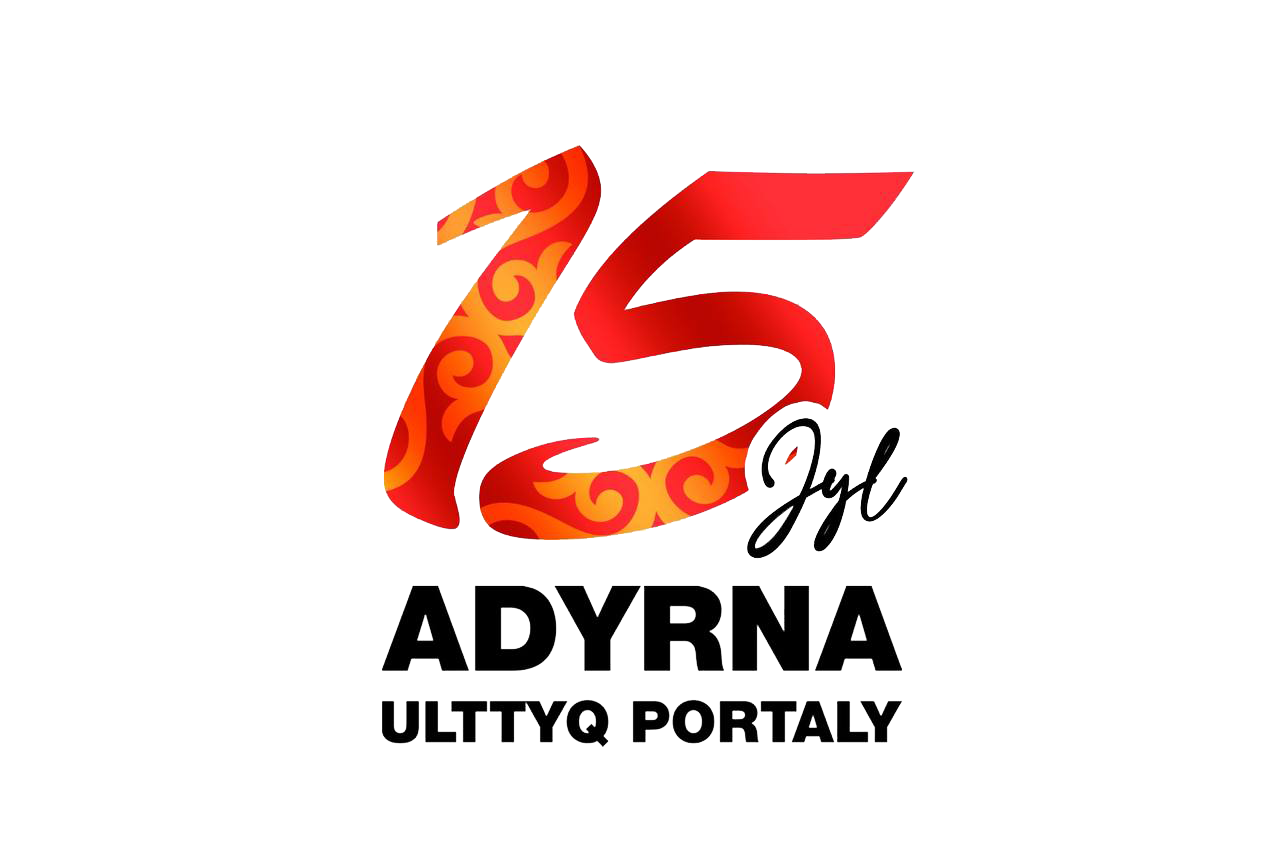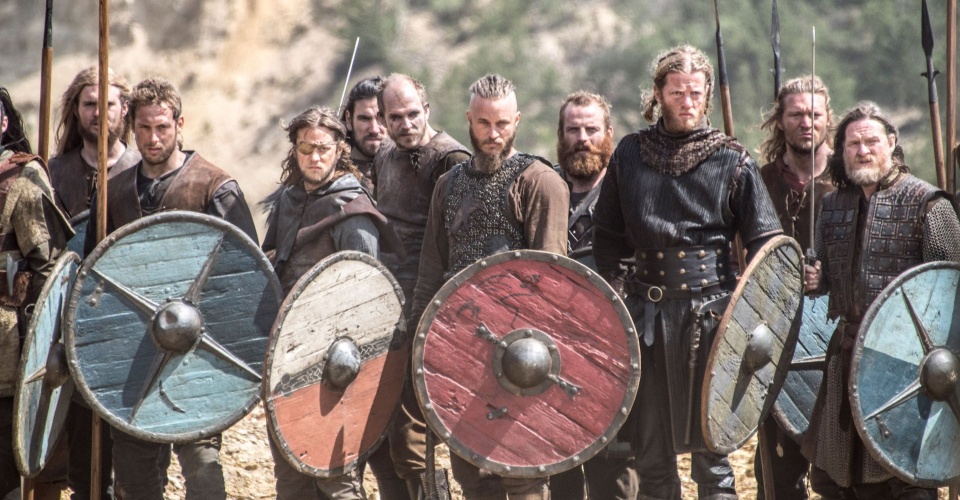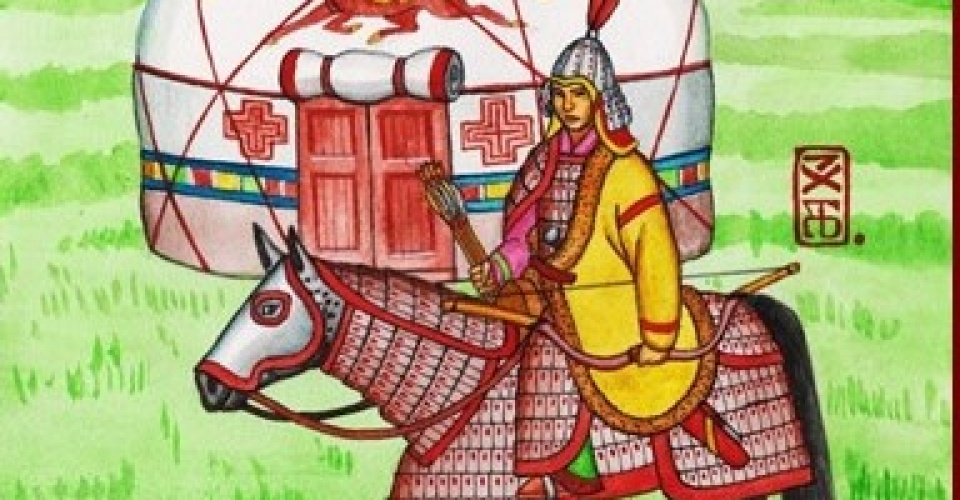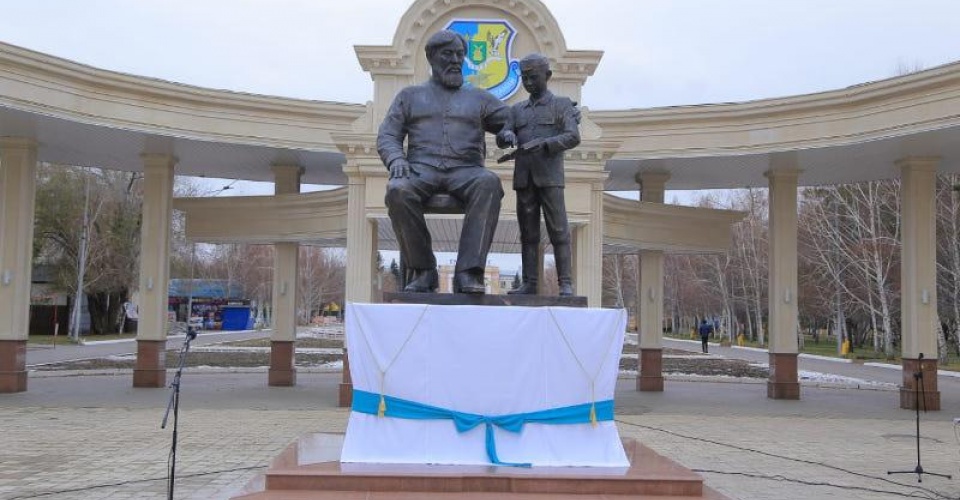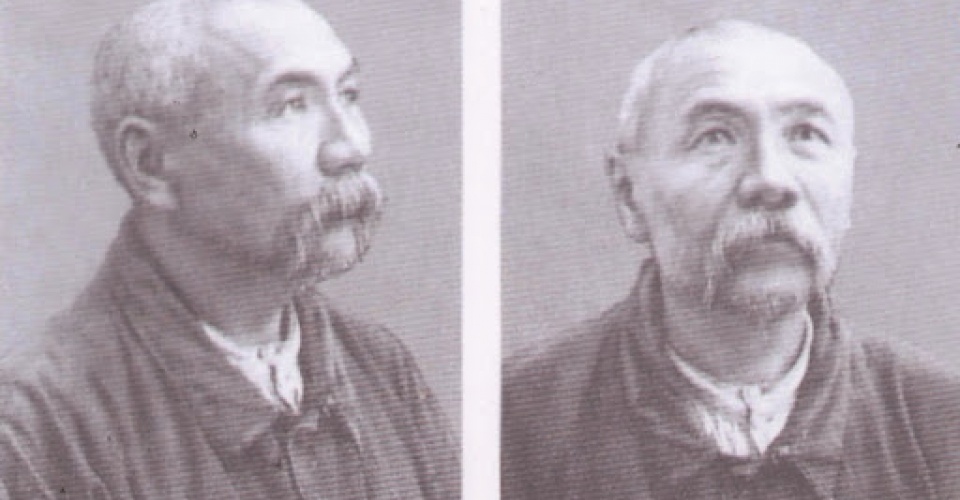185 years ago, on November 3, 1835, the first Kazakh scientist, educator, historian, ethnographer, traveler and diplomat Shokan (Mukhamedkhanafiya) Chingizovich Valikhanov was born. He was born in the family of Chenghis, the grandson of Abylaikhan, at the Kushmurun station in the present-day Auliekol district of Kostanay region. The national portal "Adyrna" presents a short biography of the great scientist on his birthday.
Shokan is one of the descendants of Ablay. His childhood was spent at the foot of Syrymbet mountain. In 1847, 12-year-old Shokan was placed by his father in the Siberian Cadet Corps, which was considered the best educational institution at that time. This university played an important role in his future. In the cadet corps, Shokan was known for his intelligence. He mastered the language quickly and studied better than his peers. "In the corps, Shokan grew rapidly in terms of thinking and education, surpassing his Russian comrades. He attracted a lot of attention. He was so talented that he surpassed his classmates in terms of knowledge and ideas," wrote a classmate. , ethnographer-scientist TN Potanin.
At the age of four, he learned to read and write, learned the medieval Kipchak-Chagatai language, Persian and Arabic at the school built by his father in Kushmurun. Her grandmother Aiganym, who came from the sultan's dynasty, had a strong influence on her upbringing. He often told young Shokan ancient Kazakh legends, stories, proverbs and words of wisdom. Until the age of 12, Shokan studied at a school in Kushmurun and became acquainted with the teachings of Islam. While studying in a rural primary school, Shokan learned the basics of Arabic, Persian and Chagatai languages. In 1847, 12-year-old Shokan was placed by his father in the Siberian Cadet Corps, which was considered the best educational institution at that time.
The role of this university in revealing all the prospects of Chokan and his talent in the field of science and art was special. Although it was a closed military school, many subjects are taught in addition to military classes, Russian, Western literature, geography and history, philosophy, physics, mathematics, foreign languages, and representatives of leading Russian intellectuals. During the last years of his studies in the Siberian cadet corps, Chokan showed that he was intelligent, thoughtful, well-educated, self-aware, able to understand the needs of the native people and ready to serve them as much as possible.
In 1854, at the request of his teacher in the cadet corps Kostyletsky, he performed the tasks of a prominent orientalist, professor of Kazan University NI Berezin. In 1855, together with the Governor-General of Western Siberia, he returned to Almaty via Semey, Ayagoz and Kapal. During this trip he collected samples of Kazakh, Kyrgyz, oral literature, materials of history and ethnography. On the basis of these materials he later wrote "Tengri (god)", "Remnants of shamanism in the Kazakhs." After that visit, he was promoted to the rank of lieutenant.
In 1856, Colonel MM He took part in the military-scientific expedition to Lake Issyk-Kul, led by Khomentovsky, and studied Kyrgyzstan in detail. Collects information about the history and ethnography of the Kyrgyz and Kazakhs of the Great Zhuz, writes versions of oral literature. For the first time among the world's scientists, the most vivid part of the epic "Manas" was written the song "Fairy Tale of Koketai Khan". Sh. In 1856, Valikhanov was awarded the title of outstanding scientist, famous geographer P.S. He got acquainted with Semenov-Tyan-Shansky. In 1857 P.S. At the suggestion of Semenov-Tyan-Shansky Sh. Valikhanov became a full member of the Russian Geographical Society.
In 1858-1859 Shokan visited the famous Kashgar. In 1860 in St. Petersburg he was awarded the Order and promoted to military rank. He was received by Russian Tsar Alexander II. During this meeting, Shokan conveyed to the Tsar his request that Russian officials treat the Kazakh people well. During his stay in St. Petersburg (1859-1861) Shokan Valikhanov worked in various military and scientific institutions. Due to deteriorating health, he had to return home. He traveled to Omsk to take part in the reorganization of local government in the steppes. His main ideas are set out in "On Islam in the Steppe," "On Kyrgyz Migration," and "Notes on Judicial Reform."
In 1864, Shokan took part in General Chernyaev's military expedition to South Kazakhstan. However, his military service did not last long, and he left the army voluntarily due to the general's extreme cruelty to the local population.
Shokan died in April 1865. His body will be buried at Koshentogan on the slopes of Mount Altynemel.
Adyrna.kz ұлттық порталының маңызды ақпараттарына жазылу
Соңғы жаңалықтар туралы хабардар болыңыз












